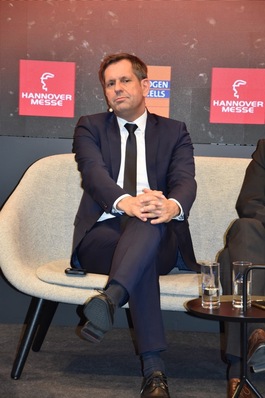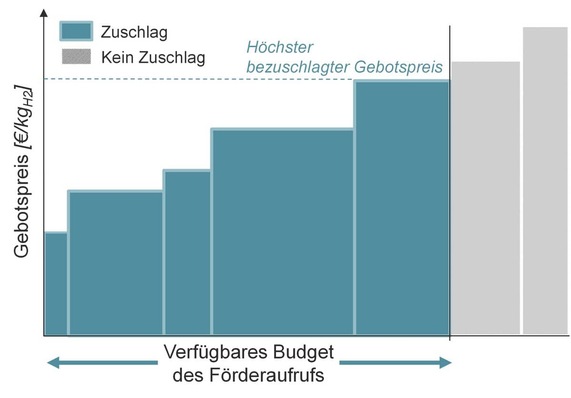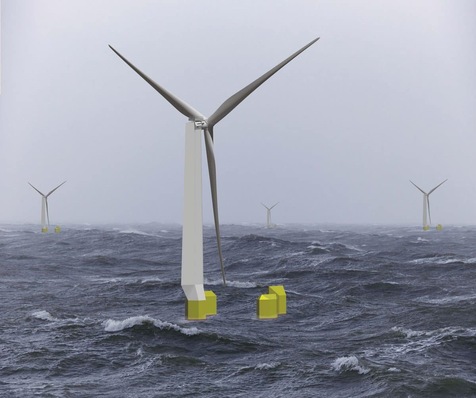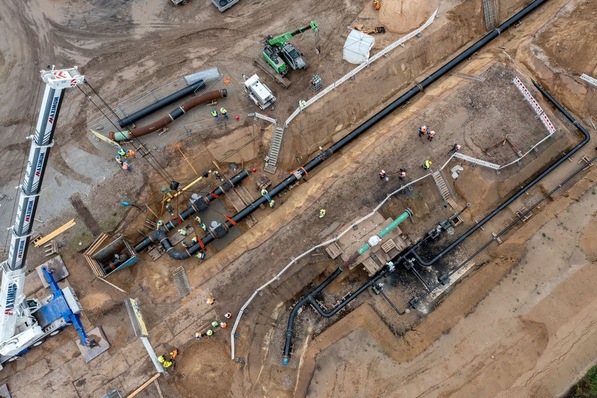Germany and France should jointly establish a European hydrogen alliance. The aim, according to a coalition of now fourteen associations, is to accelerate the ramp-up of hydrogen in a practical and ambitious manner and to stimulate the development of a European hydrogen economy.
The associations involved include: the German Association of Energy and Water Industries (BDEW), the German Technical and Scientific Association for Gas and Water (DVGW), the German Hydrogen Association (DWV), the Association for Water, Gas and Heat (figawa), the Association of Transmission System Operators Gas, the gas industry association "Die Gas- und Wasserstoffwirtschaft," the German Steel Federation (WV Stahl), the Fuels and Energy Industry Association (En2X) representing the petroleum sector, the German Chemical Industry Association (VCI), the Mechanical Engineering Industry Association (VDMA), the Association of Industrial Energy and Power Industry (VIK), and the Association of Local Utilities (VKU). Following the initial press release, Hydrogen Europe and the German Association of the Automotive Industry (VDA) also joined the initiative.
The associations also refer to the "Schuman Declaration" of May 9, 1950, which marks its 75th anniversary this year. In that historic speech, French Foreign Minister Robert Schuman announced the creation of the European Coal and Steel Community.
A European hydrogen market is of critical importance for the competitiveness of European industry, for greater resilience and energy sovereignty, and for Europe's global leadership in innovation and technology, the associations argue. They call for the creation of a European hydrogen alliance to establish a simple, technology-neutral regulatory framework at the EU level.
They stress the urgent need to revise existing regulations governing the production and import of green and low-carbon hydrogen. This includes criteria for electricity sourcing and the methodology for assessing greenhouse gas emission reductions. The associations are calling for harmonized certification standards for the origin and quality of hydrogen, as well as for the accelerated development of a European hydrogen infrastructure and the necessary import facilities.
As the two largest economies in the EU, Germany and France bear a particular responsibility for the success of Europe's energy transition. A close partnership on hydrogen policy could provide decisive momentum to the European debate. The German federal government has also committed to establishing a European hydrogen initiative in its coalition agreement.









